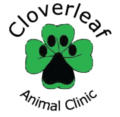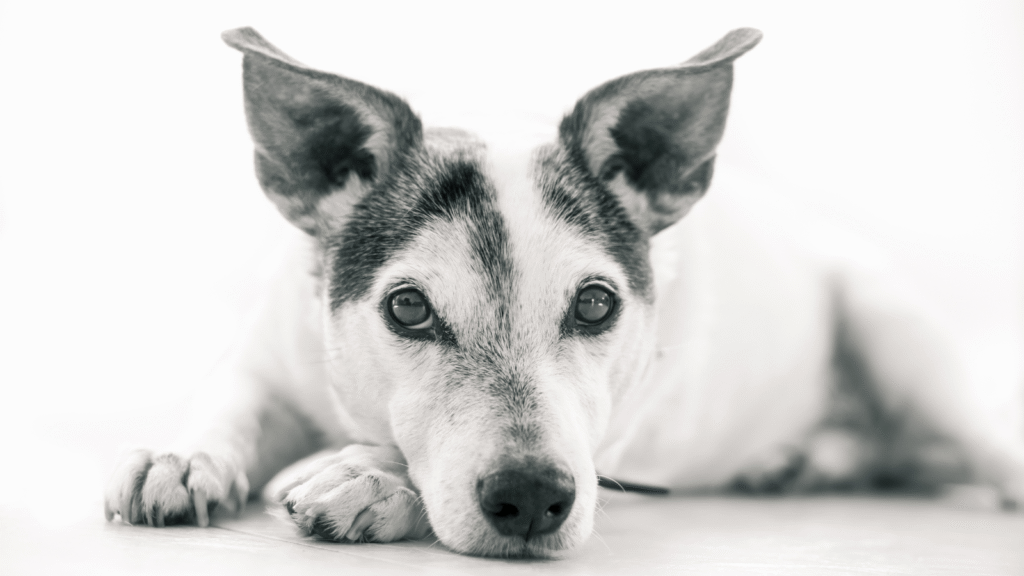It’s easy to brush off extra pounds on your animal companion as “being a big boy” or “just a little chunky,” but pet obesity is a health issue that should be addressed with seriousness. With National Pet Obesity Awareness Day observed each October, Cloverleaf Animal Clinic wants to remind pet owners that weight gain now can cause serious health concerns for pets down the road.
Subtle Signs Your Pet Might Be Overweight
Extra weight places added pressure on your pet’s joints, organs, and metabolic systems, potentially leading to chronic conditions like arthritis and heart disease. These are a few signs that can indicate that pets are overweight or living with obesity.
- Sign 1: Their Waistline Has Disappeared – When viewed from above, your pet should have a visible “tuck” at the waist. A straight line or rounded silhouette is a red flag.
- Sign 2: You Can’t Easily Feel Ribs – Run your fingers along your pet’s side. If you have to press down to feel the ribs, there may be too much fat padding the area.
- Sign 3: They Tire More Easily Than Usual – If your once-energetic pup slows down during walks or your cat lounges more than they play, excess weight could be making movement uncomfortable.
- Sign 4: Labored Breathing or Snoring – Extra fat around the chest and neck can restrict airflow. Listen for heavier panting or new snoring sounds during rest.
- Sign 5: Trouble Grooming or Scratching – Cats that can’t reach their hindquarters or dogs that avoid certain movements may be carrying more weight than their frame is built for.
Veterinary Care for Weight Management
If you suspect your pet might be overweight, or just want to talk to a vet about their diet, schedule a wellness check-up. The veterinarian will evaluate your pet’s body condition score (a 4 or 5 on the 9-point system is considered ideal) and current lifestyle. If your cat or dog needs to lose weight, then weight management will begin!
A weight loss plan for pets will center around safely losing weight through food adjustments and exercise. This is a gradual process that should be done under the guidance of a veterinarian, as losing weight too quickly or cutting foods without considering nutritional needs could cause more issues for your pet.
Small At-Home Adjustments for a Healthy Weight
Swap out high-calorie treats for healthy, pet-friendly alternatives
Don’t feed pets human food from the table while you’re eating (it all adds up!)
Stick to portion-controlled meals instead of free feeding or eyeballing the amount
Add short daily walks or extra play sessions indoors
Weight Loss Guidance for Pets in Memphis, TN
Pet obesity doesn’t happen overnight, and neither does a solution. Early action matters for your pet’s health. This October, take the first step toward a healthier future for your pet. Cloverleaf Animal Clinic has veterinary weight management services in Memphis for cats and dogs from Bartlett, Memphis, Germantown, and neighboring Tennessee communities. If you are worried that your pet is overweight, schedule an appointment at our veterinary clinic.

